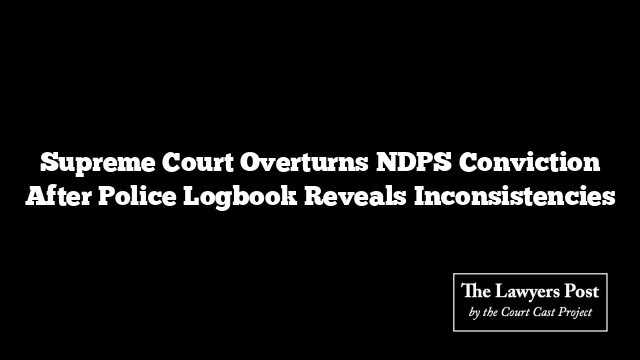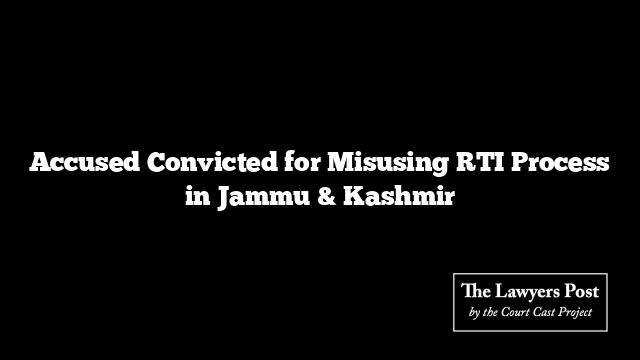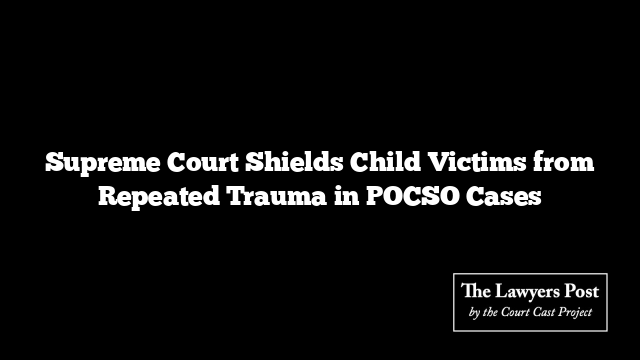The case dates back to 2015 when the appellants were reportedly caught with the narcotic substance during a routine police patrol. The prosecution’s case hinged on the testimonies of two police officers, as no independent witnesses were presented. The Trial Court convicted the appellants, but the case took a dramatic turn when they appealed the decision, armed with information obtained through the Right to Information Act.
The appellants submitted a police logbook that contradicted the prosecution’s narrative. According to the logbook, the police vehicle was elsewhere at the time the charas was allegedly seized. The High Court initially dismissed these discrepancies as minor, but the Supreme Court, led by Justices M.M. Sundresh and Aravind Kumar, found otherwise.
The Supreme Court noted that the logbook, backed by testimony from both a police officer and the vehicle’s driver, clearly indicated that the police were at a different location when the alleged seizure occurred. The bench criticized the High Court for overlooking these crucial inconsistencies, stating that without independent witnesses and with the logbook’s entries uncontested, the prosecution’s case could not stand.
In delivering their verdict, the justices emphasized that when all witnesses belong to the police department, the absence of independent corroboration is fatal to the prosecution’s case. Consequently, the Supreme Court set aside the conviction, bringing relief to the appellants who had been ensnared in a case riddled with procedural flaws.
Download Judgement





